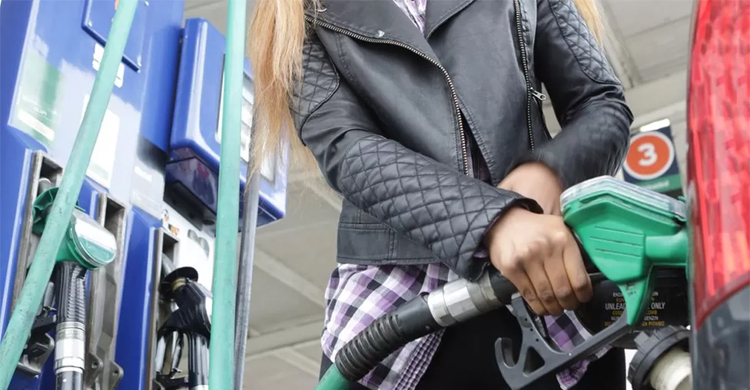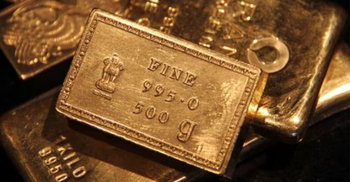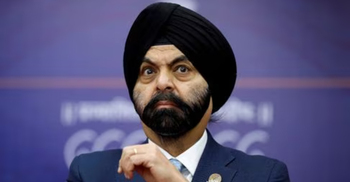UK inflation falls to lowest level in more than a year

UK inflation has fallen to its lowest level in more than a year as price rises slowed by more than expected.
The rate fell sharply to 7.9% in June, down from 8.7% the previous month, although it remains almost four times higher than the official target.
Falling fuel prices contributed to the drop, while food prices rose less quickly than in June last year.
UK inflation is now at its lowest annual rate since March 2022, with the fall being described as "substantial".
"It is a large drop but let's forget that last month we saw no change at all in headline inflation so in some ways what we are seeing this morning is catching up with the falls we've seen in other similar countries," Grant Fitzner, chief economist at the Office for National Statistics (ONS), which publishes the figures, told the BBC's Radio 4's Today Programme.
"It still looks like we may have the highest rate of inflation in the G7 [group of developed nations], so still some way go."
In the US, inflation is 3%, and in the eurozone it is 5.5%.
Prices of food, energy and services have shot up since last year, squeezing households.
In response the Bank of England has put up interest rates 13 times since December 2021 to try to ease inflation, which is the rate at which prices rise over time.
It hopes that by making borrowing more expensive, consumers will spend less and price rises will cool. However, inflation has remained stubbornly high, worrying policymakers.
Rising interest rates have also driven up mortgage borrowing costs to their highest level in 15 years, leaving millions of homeowners facing higher monthly repayments.
It appears that most measures of inflation are now heading in the right direction, with inflation expected to fall below 7% next month, as drops in household energy bills impact the numbers.
So called core inflation - which strips out volatile elements like fuel and energy prices - also dipped in June.
However, annual food price inflation remained stubbornly high at 17.3%.
It means the Bank of England is still expected to raise interest rates again at its next decision in two weeks. Last month it hiked rates to 5% from 4.5%. This time it is expected to opt for a smaller rise of 0.25 percentage points.
When inflation falls it does not mean prices fall too, just that they rise less quickly.
Chancellor Jeremy Hunt welcomed June's inflation figures but said it wasn't complacent. "We know that high prices are still a huge worry for families and businesses".
But Rachel Reeves, Labour's shadow chancellor, said inflation had been "persistently high and remains higher than our international peers".
"Prices are still going up at staggering rates and that they're bearing the brunt of those costs."
Source: BBC







